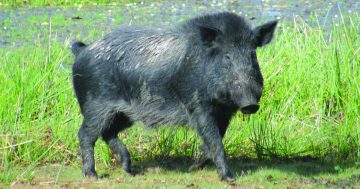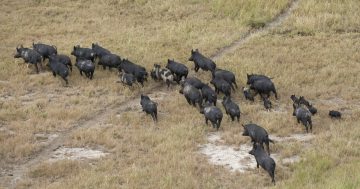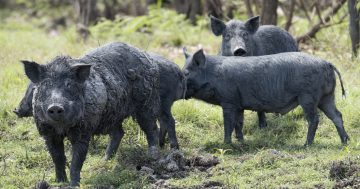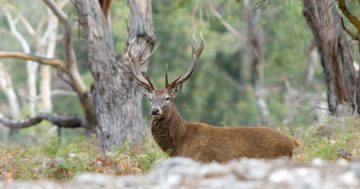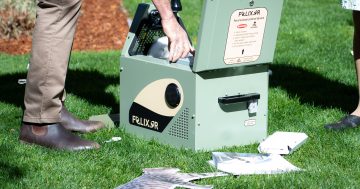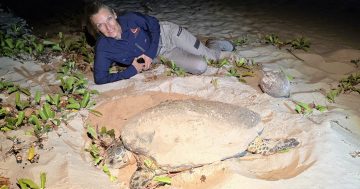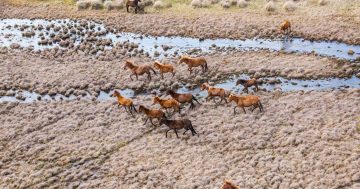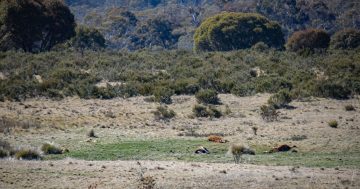 The ACT Parks and Conservation Service has so far culled 275 feral pigs as part of its annual control program in Namadgi National Park.
The ACT Parks and Conservation Service has so far culled 275 feral pigs as part of its annual control program in Namadgi National Park.
Other programs are currently under way in the Murrumbidgee River Corridor, Molonglo River Reserve and areas of Canberra Nature Park.
Director of ACT Parks and Conservation, Daniel Iglesias said feral pigs caused substantial environmental damage to wetlands, stream banks and areas of intact native vegetation, as well as spreading weeds.
“The feeding behaviour and wallowing of pigs can have a significant impact on sensitive, high ecological value areas like the sphagnum bogs and montane streams within the water catchment of Namadgi National Park,” Mr Iglesias said.
“An annual large-scale control program to manage feral pig impacts has been successfully carried out in Namadgi since 1985.”
He said that since the program began, monitoring had indicated that both the numbers of pigs and the damage within the park have been significantly reduced.
“This, along with our efforts managing other pest species such as rabbits, has been vital in helping protect the ACT’s water supply,” Mr Iglesias said.
“It also helps protect a wide array of rare flora and fauna including corroboree frogs, broad-toothed rats, Macquarie perch, trout cod, and alpine plants.”
He said feral pigs are also a significant pest to farmers by ripping valuable pasture, damaging fences and killing lambs.
Mr Iglesias said this year the program had been expanded beyond Namadgi to also work collaboratively with 20 rural landholders in the southern ACT to achieve coordinated cross-tenure pig control.
“Landholders have been provided with best-practice pig control training and appropriate support to achieve effective control of pigs on their land,” he said.


